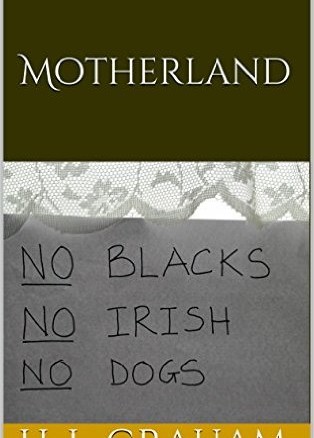
The tale focuses heavily on the stories shared between travellers from the Caribbean on The Windrush, the trans-Atlantic voyage thousands made on their migration to England.
As such, Motherland can be commended for it’s historical accuracy which helps drive the narrative forward at a believable pace.
It is part of a genre which plays with biographical elements with a fictional storyline, somewhat reminiscent of a Hollywood movie featuring the words ‘based on a true story.’
Motherland does not make the same mistakes as Hollywood, and the story progresses with a believable pace with characters that make sense in their time.
Graham also manages to make the cyclic storyline somewhat authentic by making the narrative rely on the main characters memory. However, it quickly become apparent that whilst the narrator is not Carmen, it does rely solely on Carmen’s memories and by doing so, Graham manages to avoid the confusion an omnipresent narrator presents and ensures the references to ‘he’ or ‘she’ are easy to follow.
However, as the story relies on the memories of the main character and this is a short story, character development is almost non-existent for the main character. Instead, moments in which a character has clearly changed, does show character development in the supporting roles, especially towards the rear of the story.
It is a fast paced tale which highlights prominent features and milestones which Carmen has endured. These are not mundane parts of her life either such as reaching her 50th birthday or her last day of school. Instead, Graham has taken the opportunity to once again shed light on the conditions many first generation migrants faced when they arrived in England. It is a narrative which not only explains their troubles, but explains why many of them came and why many more stayed.
It is a story which has also resonated with my grandmother rather well, as she was one of those people who invited to England from the Caribbean in order to help rebuild it’s infrastructure after World War Two. For her Motherland felt too short as it did not show enough of the struggles many endured to make the story gripping, but it was relatable.
Perhaps it is for that reason that I do not reccomend Motherland as an outright story. It is a short, concise tale of one woman and her struggle which is good enough for a short read; yet it touches on a subject matter which is far deeper than the 21 pages. Instead, I offer Motherland as a tale which re-opens
Necessary conversation with what is left of the Windrush generation. Motherland offers an insight into their lives and should be the basis of what will hopefully be, your own inspiration to conduct research.
